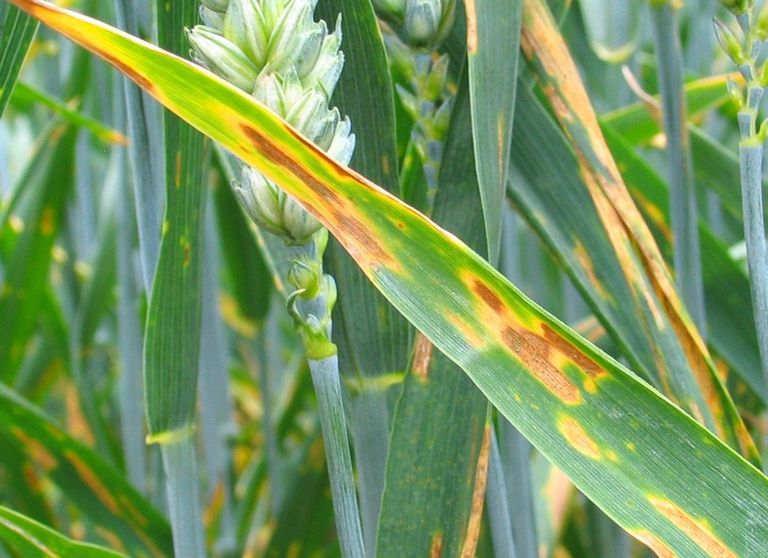EC study on new genomic techniques
On 29 April 2021, the European Commission published a study regarding the status of New Genomic Techniques under Union law.

The study identified limitations to the capacity of the legislation to keep pace with scientific developments; these cause implementation challenges and legal uncertainties.
There are strong indications that the applicable legislation is not fit for purpose for some NGTs and their products, and that it needs to be adapted to scientific and technological progress. It may not be justified to apply different levels of regulatory oversight to similar products with similar levels of risk, as is the case for plants conventionally bred and obtained from certain NGTs.
The follow up to the study should confirm whether adaptation is needed and, if so, what form it should take and which policy instruments should be used in order for the legislation to be resilient, future-proof and uniformly applied.
The study has confirmed that NGT products have the potential to contribute to sustainable agri-food systems in line with the objectives of the European Green Deal and Farm to Fork Strategy. Any further policy action should aim at enabling NGT products to contribute to sustainability, while addressing concerns. At the same time, NGT applications in the agricultural sector should not undermine other aspects of sustainable food production, e.g. as regards organic agriculture.
Future policy action would also need to address the knowledge gaps and limitations identified in this study. Importantly, more effort should be made to inform and engage with the public on NGTs and assess their views.

